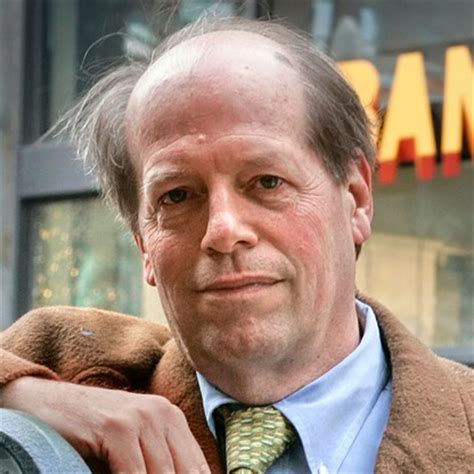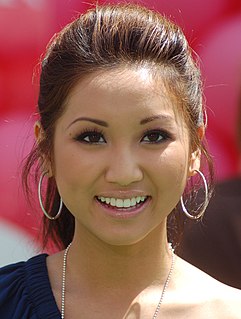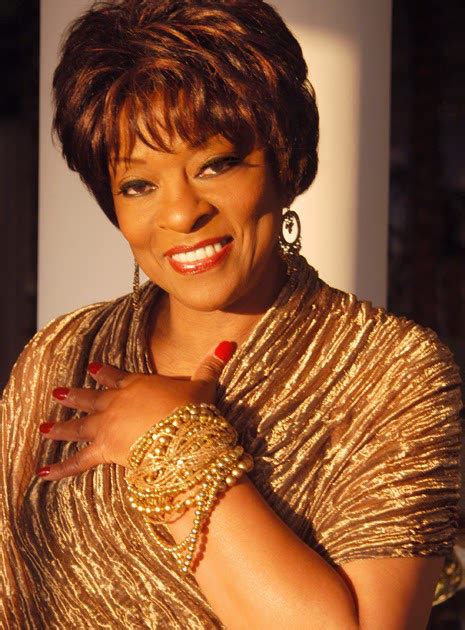A Quote by Caroline Myss
The women with high social pressure seem to be amongst the strongest carriers of the possibility of breast cancer.
Quote Topics
Related Quotes
I would tell a newly diagnosed young woman that breast cancer is a complex disease which can be frightening and confusing, and it's normal to experience these emotions, and having a good support system is important. Be an active participant in your treatment, follow your doctor's instructions and ask questions. Also, I would tell her that there have been many advances in breast cancer and women are now living much longer.
































